America Is Copying Hungary’s Anti-LGBTQ Playbook
It’s a short line from Budapest to the Ballroom, as Trump adopts the same surveillance tactics Orbán used to target LGBTQ people.

The summer of 1985, I turned 16. In Belgium. While I lived primarily in rural, red Florida, summers sometimes had me staying with Dad’s family. At the time, my Army father was assigned to the American embassy in Brussels. With $100 in American Express “travelers’ cheques,” our go-to global currency of the time, it was a thrilling summer.
In Florida, I would’ve spent those months mopping floors or working the grill at a mall job. Instead, I had urban mass transit and could drink in bars. Granted, my Euro ’80s summer was more Depeche Mode than anything as explicit as Call Me By Your Name. Though virginal, at least I passed for something seedier one afternoon.
On a gray August Sunday, I was to meet my pal, Alex. Forget texting, as we didn’t even have email yet. Phone tag was possible, but nobody wanted to leave a message with somebody’s parents. We’d usually just make a vague plan in person. Probably, the previous Friday, it was, “Let’s meet by Rainbow Sunday round 4.” Ironic that a bar in 1985 could be called “Rainbow,” yet have no LGBTQ connection whatsoever. It was, loosely, an American-themed bar, popular with the small cohort of American teens in the city.
As I stood outside in whatever place of Brussels was near Rainbow, I did not know I was to be stood up. In what I thought was my coolest new piece of clothing, a plaid blue-and-white sport coat I’d bought in a cheap-chic bin in Italy, I waited. I checked my Swatch as the minutes passed. At least an hour went by before two Brussels police officers approached me. They wanted to see my “papers.” This was a new experience. The two suspicious policemen were asking me questions in French, which I did my best to translate. Was I meeting someone? Where did I live? How long had I been waiting? It seemed rather invasive, but they were cops, and I was 16.
Back home, my dad told me bluntly that the cops obviously thought I was a sex worker. I knew that new coat looked hot! Then again, the only attention I got was from the police. Ouch.
A few weeks later, I told this story to my mom. Her own upbringing took her from Baltimore to Switzerland to Brazil. With that background, she rather patriotically told me that being asked for your “papers” was relatively common outside of the U.S. We Americans, she opined, were used to a degree of anti-authoritarian freedom not found elsewhere. So, “land of the free” was more than jingoistic marketing? Great!
While I’d never been asked for my papers in my home country, I’m not sure I’d ever perceived it as free as my mother had. Sure, there were plenty of scary Soviet stories during the Cold War, the nightmare of the Khmer Rouge my father had seen firsthand…. But I was familiar with Reagan’s arguably racist drug war, kid-glove approach to Apartheid, and support for dictators like Augusto Pinochet and Ferdinand Marcos. At 16, I was definitely more cynical than my mother.
Sadly, today I have more reason than ever to be. Though I guess it’s not cynicism so much as disgust, anger, and resistance to our government’s new police state. A few years ago, I interviewed a man, Butch Merritt, who told tales of working clandestinely for Nixon’s citizen-surveillance machine. I was shocked when he recalled scooping up protest petitions and sign-up sheets from shops and venues around Dupont Circle, which he’d turn over to his FBI or police handlers.
The tools the federal government — along with several other governments around the world — is setting on America makes stealing a petition from Community Bookshop on P Street seem quaint. Hello, Facial-Recognition Technology.
Sure, so many of us use facial recognition to get into our phones and think nothing of it. It did not seem so innocent, however, when Hungary’s authoritarian government passed a law in March allowing it to use the tech to identify anyone who dared to show their face, literally, at Budapest Pride this year. At least Pride-goers threw that threat back in the horrible government’s face, with attendance hitting more than 100,000.
It is a very short line from Budapest to the “Ballroom,” considering the current regime of Viktor Orbán is celebrated in Trump World. The administration’s attacks on universities, media, and law firms reek of Orbán.
So, while I’m shocked to learn that ICE and its adjacent goons have rolled out handheld facial recognition tech across the country, to what is likely an unprecedented level, I’d be embarrassingly naive to be surprised.
Rep. Bennie Thompson (D-Miss.), a veteran of the civil rights movement and ranking member of the House Homeland Security Committee, last month told 404 Media, as reported by Common Dreams, “ICE using a mobile biometrics app in ways its developers at CBP never intended or tested is a frightening, repugnant, and unconstitutional attack on Americans’ rights and freedoms.” Amen.
Now that Trump has issued National Security Presidential Memorandum 7, we are all suspects. “There are common recurrent motivations and indicia uniting this pattern of violent and terroristic activities under the umbrella of self-described ‘anti-fascism,'” reads NSPM-7, in part. “Common threads animating this violent conduct include anti-Americanism, anti-capitalism, and anti-Christianity; support for the overthrow of the United States Government; extremism on migration, race, and gender; and hostility towards those who hold traditional American views on family, religion, and morality.”
Are my views on gender “extreme”? Am I “hostile” toward systems that have long been used to oppress me? Are you? Who knows? Who defines these vague, subjective terms? I’m guessing it’s the folks who have decided to throw facial-recognition tech into the surveillance mix, with little, if any, legal restraint. The use of this technology is apparently new enough, that no one has bothered to set down laws to restrain it. Instead, we have protocols and suggestions as the only limits on an administration that delights in destroying whatever stands in its way.
COVID has waned, but this new Big Brother era may soon have us all masking up again for our personal safety, whether for Pride or protests.
Will O’Bryan is a senior contributing editor at Metro Weekly. He lives in D.C. with his husband and is online at www.LifeInFlights.com.
Support Metro Weekly’s Journalism
These are challenging times for news organizations. And yet it’s crucial we stay active and provide vital resources and information to both our local readers and the world. So won’t you please take a moment and consider supporting Metro Weekly with a membership? For as little as $5 a month, you can help ensure Metro Weekly magazine and MetroWeekly.com remain free, viable resources as we provide the best, most diverse, culturally-resonant LGBTQ coverage in both the D.C. region and around the world. Memberships come with exclusive perks and discounts, your own personal digital delivery of each week’s magazine (and an archive), access to our Member's Lounge when it launches this fall, and exclusive members-only items like Metro Weekly Membership Mugs and Tote Bags! Check out all our membership levels here and please join us today!








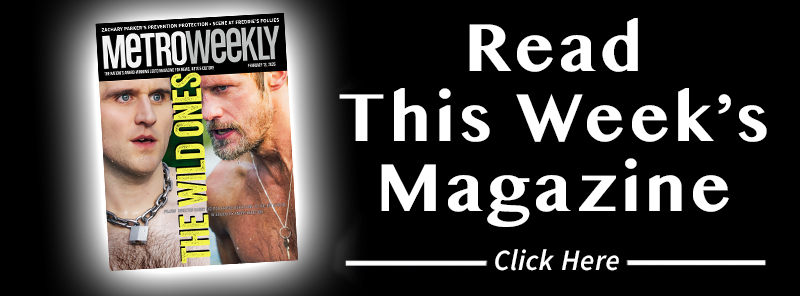
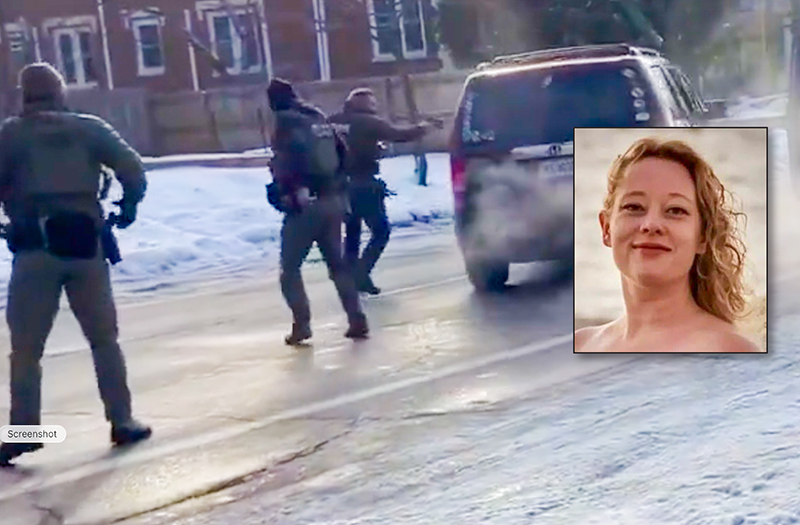
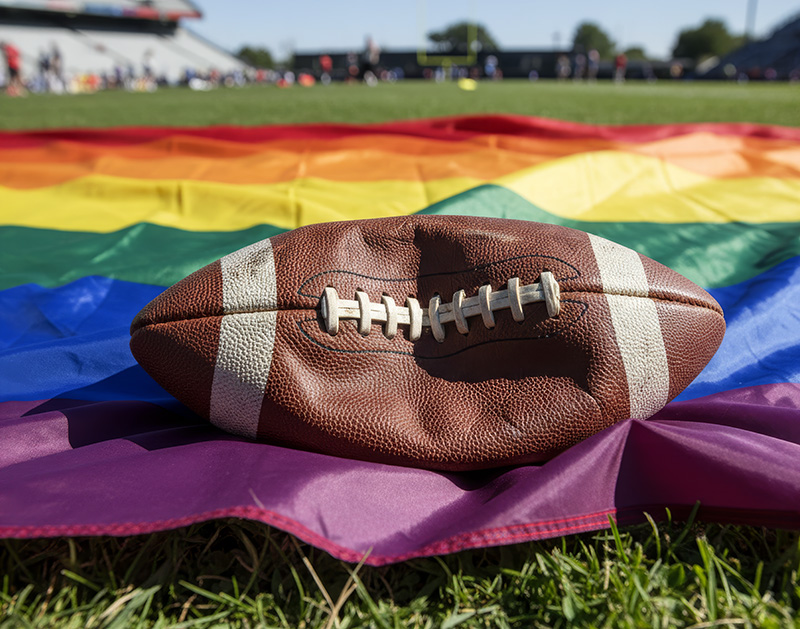
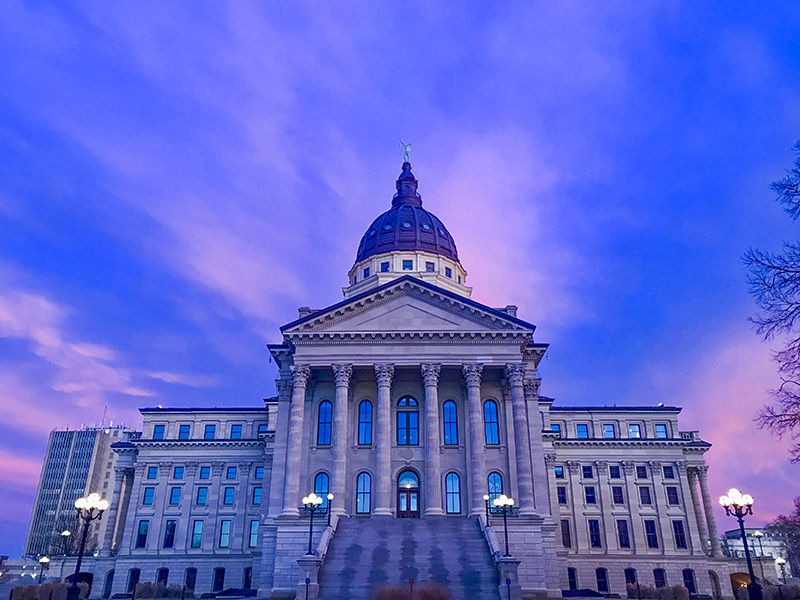












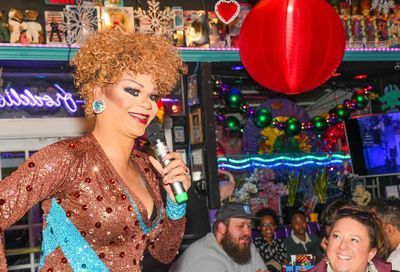
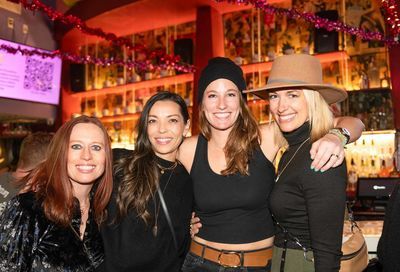
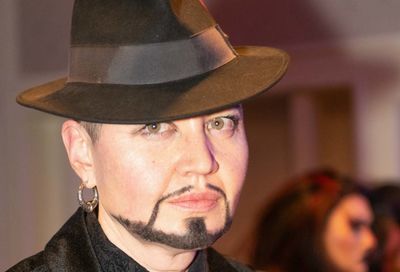
You must be logged in to post a comment.